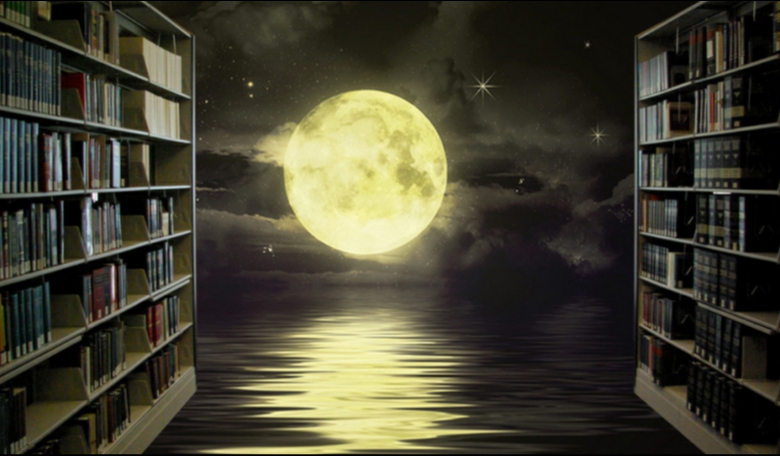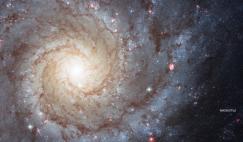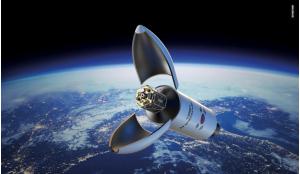A new Research Associate position has opened up at the Center for Research in Air and Space Law at McGill University (Montreal).
The position will be funded by the
Social Sciences and Humanities Research Council (SSHRC) grant and
other resources. The appointment shall be for an initial duration of
one year, with a possibility of renewal. The Research Associate will
work as part of a research team at the CRASL under the leadership and
supervision of Professor Ram S. Jakhu, Director of the Institute of
Air and Space Law (IASL) and the CRASL.
Applicants must hold a postgraduate
doctoral (Ph.D. or equivalent) degree in law (preferably in Space
Law) obtained within the last ten years from a well-known university
and at least five-year 2 full-time experience in Space Law teaching,
research and/or work.
The ideal candidate must have a great track record of original research, a high level of proficiency in
English and a commitment to work with a research team on the CRASL’s
Space Law research agenda, particularly the MILAMOS project. Launched in May 2016, the Manual on
International Law Applicable to Military Uses of Outer Space
(MILAMOS) Project aims to develop a widely-accepted manual clarifying
the fundamental rules applicable to the military use of outer space,
in times of peace, as well as in periods of tension and in outright
armed conflict.
The deadline to apply is 5 August 2016. This full-time position will begin on 1 September 2016 and will last until 31 August 2017. The yearly salary for the position will range from CANS $65,000 to CAN$75,000, depending upon the qualifications and experience of the successful candidate.
To find out more and to apply see the attached document or visit the Academic Employment Opportunities page on the Faculty of Law's website. https://www.mcgill.ca/law/node/93#SPACEASSOCIATE











